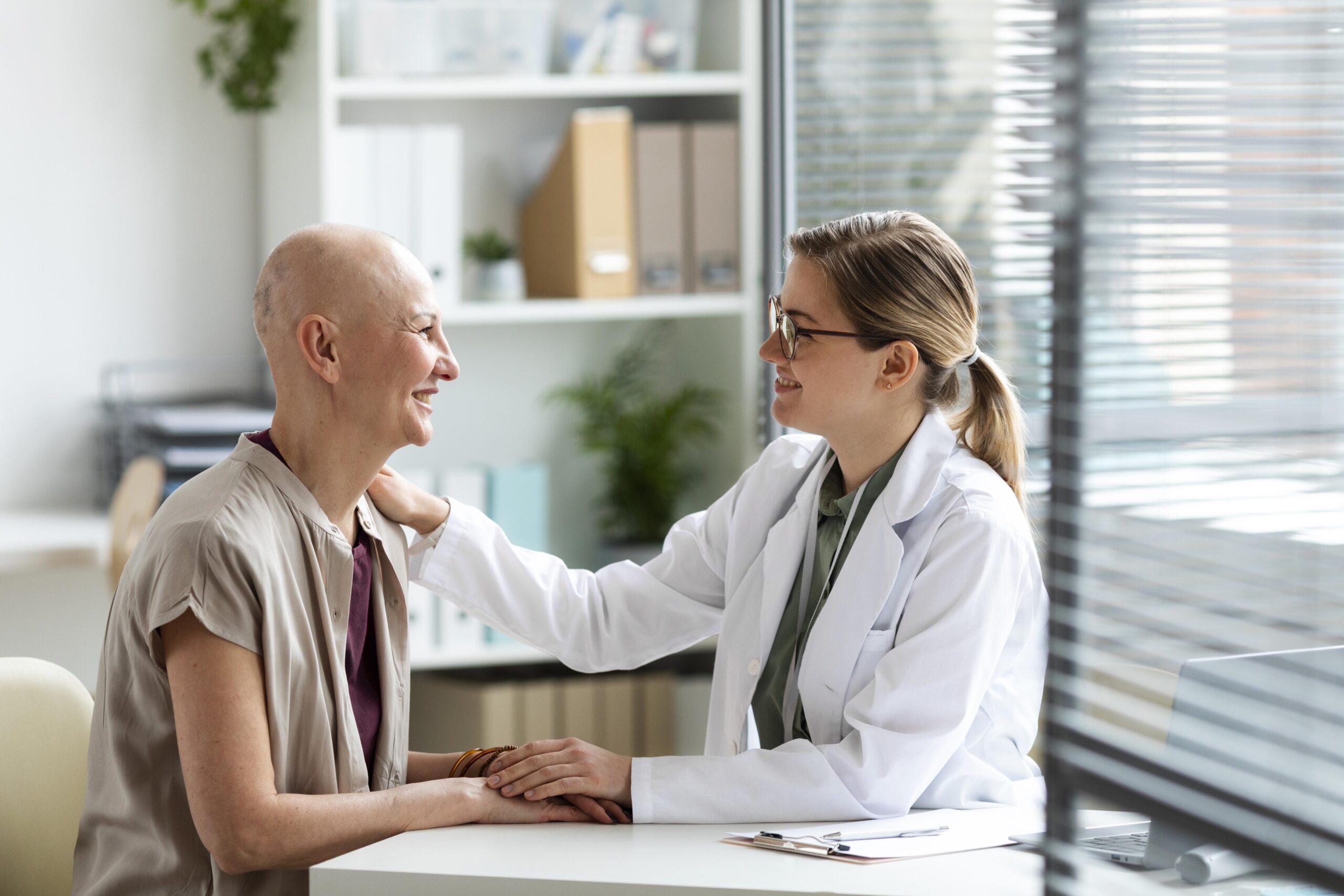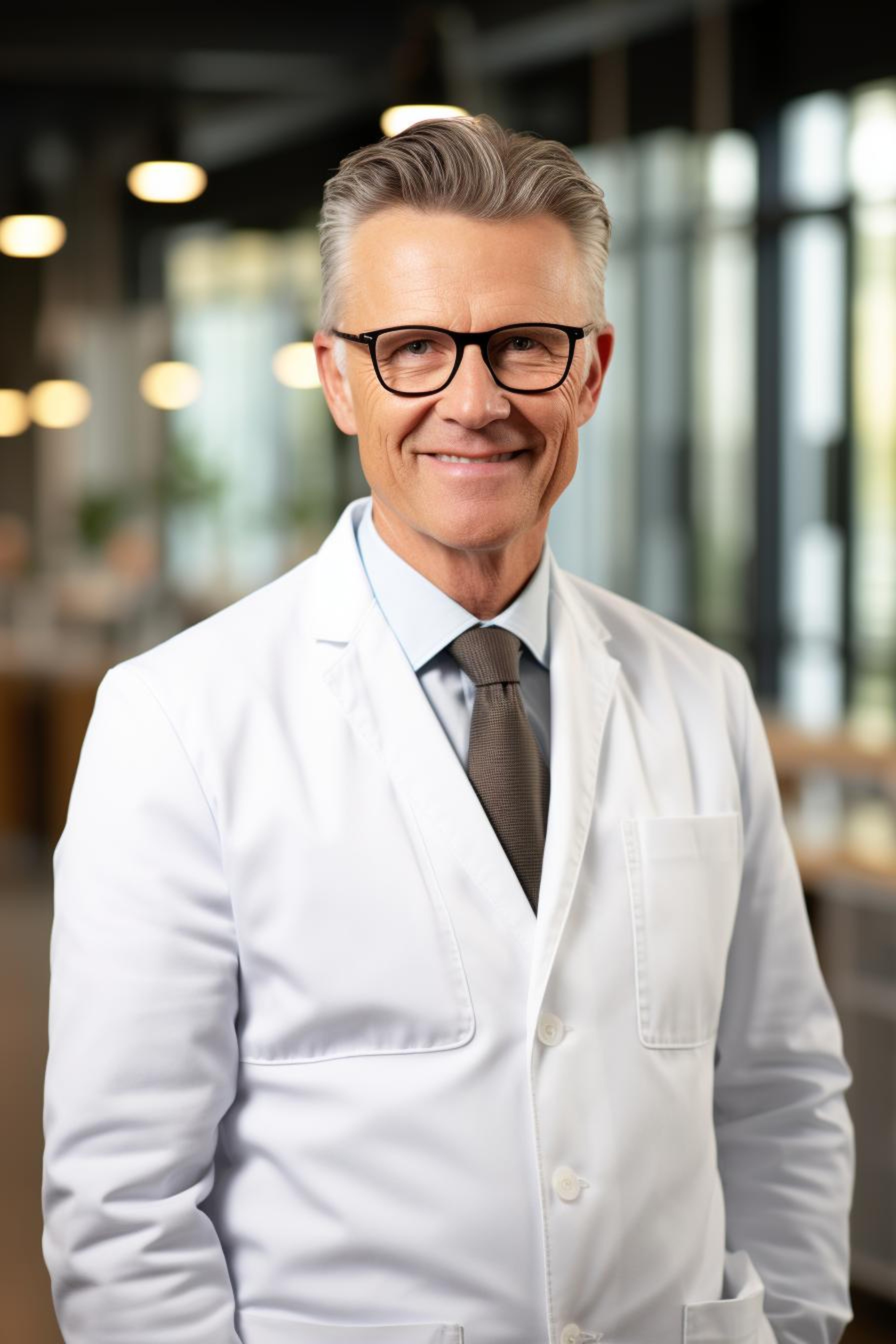Colon Cancer Screening in Northwest Arkansas
What Is A Colon Cancer Screening?
Colorectal cancer is the third most commonly diagnosed cancer, yet it is highly preventable. The colon and rectum, which make up the large intestine, play crucial roles in absorbing water and nutrients from digested food and storing waste until the body can expel it.
Screening for colon cancer involves checking for polyps and cancerous growths in the colon and rectum before symptoms appear. Polyps are benign growths that can become cancerous, so early detection and removal are vital to preventing complications and fatalities associated with colon cancer.
At GI Alliance of Arkansas, our board-certified gastroenterologists specialize in colon cancer screenings and advise patients to begin these screenings at age 45. To schedule a colon cancer screening with our Arkansas providers, contact our office today.

How Can Colon Cancer Screenings Benefit Your Health?
Regular screenings for colon and rectal cancer are crucial for maintaining both general and gastrointestinal health. While several screening methods exist, including stool testing, a colonoscopy remains the definitive preventive measure. Key benefits of these screenings include:
- Potentially life-saving outcomes
- Early detection of colon or rectal cancer
- Identification and removal of polyps
- Prevention of colon cancer development
- Detection of other gastrointestinal conditions, such as inflammatory bowel disease
Colon cancer often shows no symptoms until it has progressed significantly. Routine screenings enable doctors to identify and address concerns early.
What Tests Are Used for Colon Cancer Screening?
It’s crucial to consult your GI doctor about the timing and types of screenings needed. Several tests can be utilized for colon cancer screening, including:
- Flexible Sigmoidoscopy: A sigmoidoscope examines the rectum and lower colon. This procedure involves inserting a thin, camera-equipped tube through the rectum, allowing doctors to view and biopsy the inner wall. Although it is generally safe, there is a minor risk of bowel tears, bleeding, and infection.
- Colonoscopy: Using a longer colonoscope, this procedure examines the entire colon. It requires sedation and enables doctors to biopsy and remove polyps. Despite its safety, there is a small risk of complications such as bowel tears, bleeding, or infection.
- Virtual Colonoscopy: This noninvasive method involves a CT scan of the colon. Patients lie on a table while cross-sectional images are taken. If abnormalities are found, a follow-up colonoscopy is necessary to remove polyps or tumors.
- Double-Contrast Barium Enema: A tube inserts barium sulfate and air into the colon through the rectum. X-rays then reveal any abnormalities. If detected, a colonoscopy is required for further examination and polyp removal.
- Fecal Tests: Safe and noninvasive, these tests examine stool samples for abnormalities. Positive results indicate the need for a colonoscopy. Types of fecal tests include:
- Fecal Occult Blood Tests: Detect hidden blood in the stool through a chemical reaction.
- Fecal Immunochemical Tests: Identify hidden blood via an immunochemical reaction.
- Stool DNA Tests: Look for abnormal DNA from cancerous cells in the stool.
What Are the Risk Factors for Colon Cancer?
- There are a number of factors that can increase your risk of developing colon cancer:
- Being over the age of 45
- Inherited familial adenomatous polyposis
- Personal history of colon cancer
- Women with a history of breast, ovarian, or uterine cancer
- Family history of colon cancer
- Conditions like ulcerative colitis and Crohn’s disease
- Sedentary lifestyle, poor diet, and smoking

Get Started with Your Colon Cancer Screening
Colon Cancer Screening FAQs
Why are colon cancer screenings important?
Cancer of the colon commonly begins from irregular growths in the colon or rectum, referred to as polyps. During a colonoscopy exam, these premalignant growths can be excised to help lower the risk of and possibly prevent the development of this cancer. Regular screenings for colon cancer can also allow physicians to find colon or rectal cancer that has already developed. If colon cancer is detected early on, it may be simpler to treat.
When should you begin colon cancer screenings?
Adults who are at average risk should start having periodic screenings for colon cancer at age 45. Patients with an increased risk might need to screen even earlier. Your gastrointestinal specialist can help you determine at what age you should begin having screenings for colon cancer.
How often should you get a screening for colon cancer?
The frequency with which people should schedule colorectal cancer exams can vary according to the type of exam being conducted. Generally, people who are 45 and over should have a colonoscopy exam once every decade when they carry an average risk of developing colon or rectal cancer and experience colonoscopy results that are within normal limits. Those who carry a significantly high risk should undergo colonoscopy exams a minimum of once every five years. To determine how often you should have screening exams for colorectal cancer, please talk to your gastroenterologist.
What can I do to prepare for a colorectal cancer screening?
The preparation process for a colon cancer screening will be based on the type of screening scheduled. When undergoing a colonoscopy, detailed preparatory instructions on how to clean out your large intestine (colon) will be provided by your gastroenterology team before the procedure. There may be additional instructions to follow for several days leading up to your screening. It is important to follow your doctor’s directions to help ensure they can identify any issues when performing your screening for colorectal cancer.
